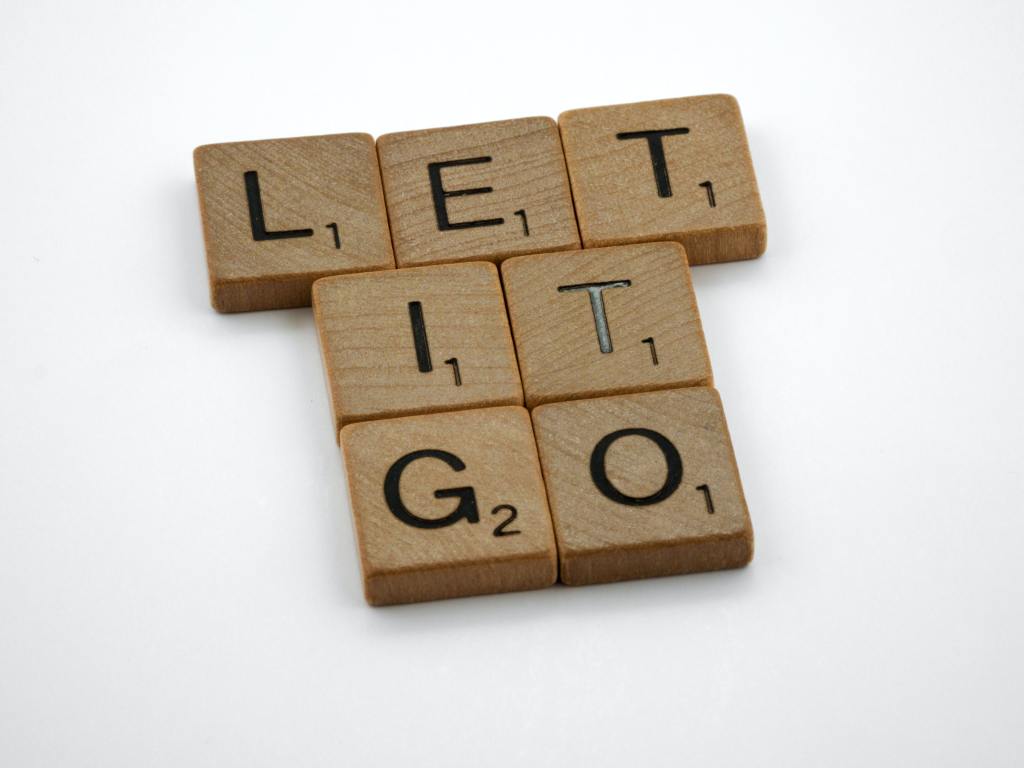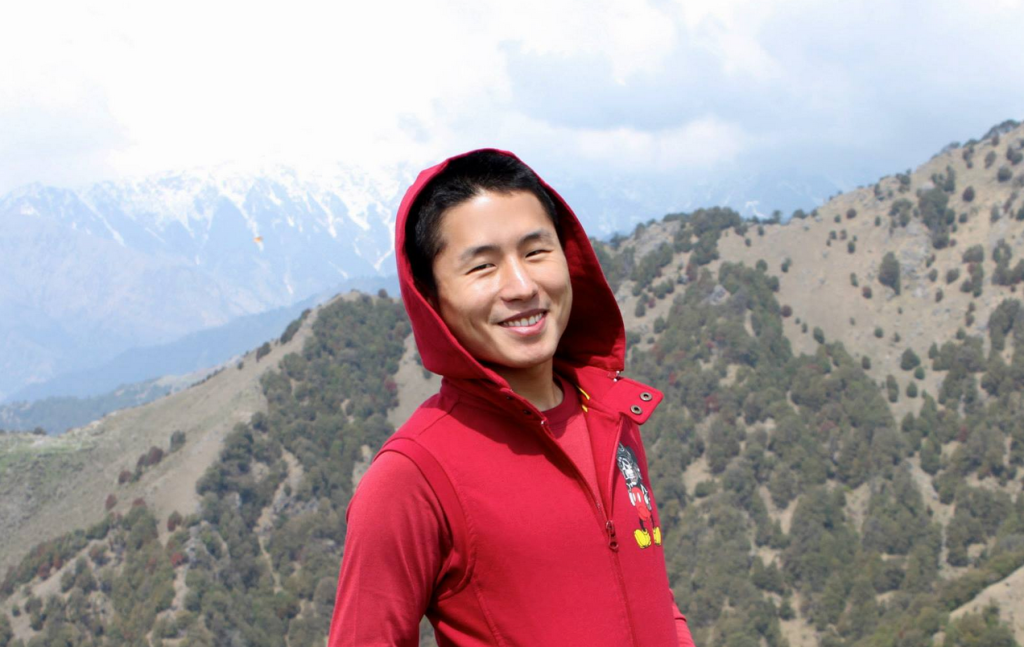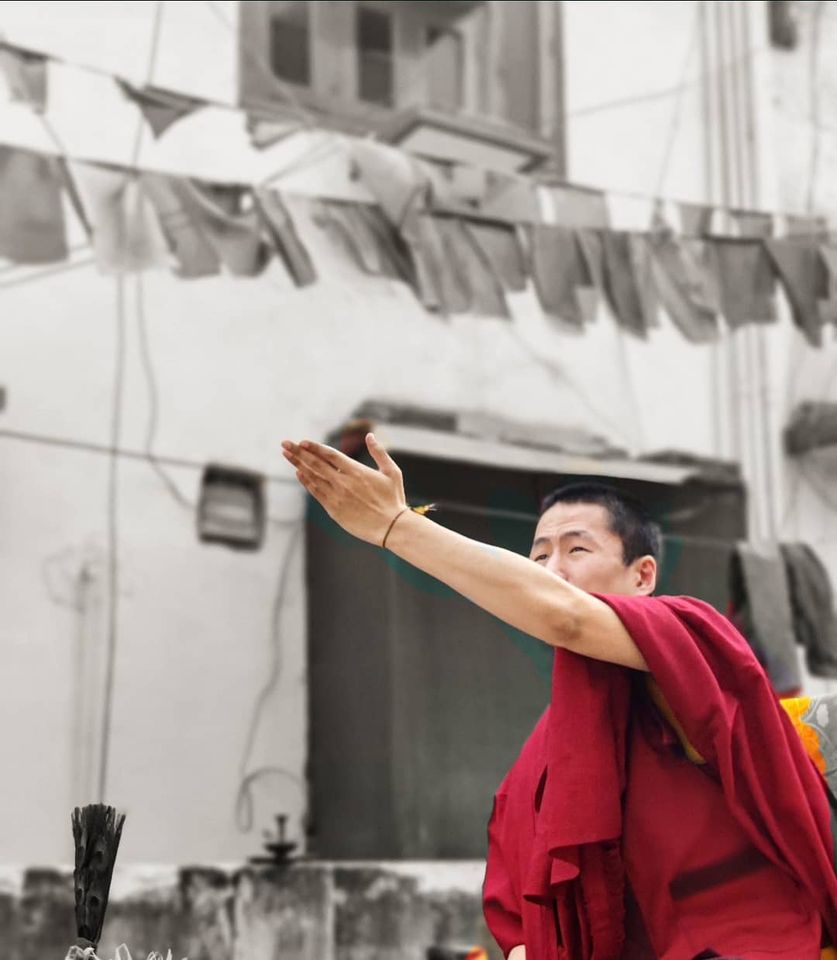
We all have friends, but these relationships can be helpful or harmful for ourselves and others. They can give us strength, joy and happiness or they can cause anger, disappointment and pain – they can lead us on a positive or a negative path. Since the people we associate with can have a great effect on us, it is important to be aware and mindful of these relationships.
I think the main purpose of a good friendship should be to support and help each other, to inspire one another to become better. We can do this through conversation, discussion and advice, but the best way is by example. If we are kind, honest and compassionate, then that will influence those around us in a positive way. It even improves our physical appearance, I’m serious! For example, angry people look quite ugly, don’t they? But people who are kind, gentle and well-mannered have a beauty that is independent from their size, age or skin colour.
So, how do we choose friends or decide which ones to associate with? It really depends on our own capacity. We have to be honest with ourselves here. Ask yourself: Am I someone who is influenced easily? Someone who always wants to please or impress others and who can’t say no? In this case you need a good stable friend. Someone who will support you in a positive way and who will not lead you on a wrong path. We call this a virtuous friend. If you are strong, stable and self-confident, you could have friends who might be weaker. Then you can help and support them to become better, in which case you are the virtuous friend for them.
But being kind doesn’t mean being a fool. If someone is continuously using you for selfish reasons, if they are cheating or harming you, or bringing a lot of negativity into your life, then you have to be stable and stand your ground. But not many people can help those who are always negative without being harmed themselves. Therefore it is totally understandable and even advisable to avoid the company of such negative people, as they will only drag you down.
Also there is an important thing we have to understand, which is we cannot control people. If someone doesn’t act the way we want, or chooses a different path than ours, we may have to keep our distance or eventually let go. As the saying goes, everyone’s path is theirs alone, we may walk it with them, but we can’t walk it for them.
Friendships do not necessarily have to be life-long commitments. Sometimes it’s good to walk together through life just for a while. A short but good friendship can teach us great things. Even the bad ending of a friendship can teach us many things. We can learn about impermanence and our own mistakes and flaws. Also we can get the opportunity to practice forgiveness and letting go.
Sometimes we want to change people according to our own ideas. But what may be good for us is not always good for others. We have to stay open minded and try to understand other people’s circumstances which may be very different from ours. We should not be possessive but give each other space to live their lives. The more you mature in a friendship, the less you will have to stick to each other as if you were glued together. You will know the times when you need each other and the times when you don’t. A bit of distance or some silence won’t break a good friendship but can actually make it more stable and keep things interesting.
In summary, try to make your friendships something that benefits you both, something that gives you and your friends some relief from the struggles of daily life and helps you to grow, become stronger and better. Give each other support and joy, and don’t forget, have fun!








